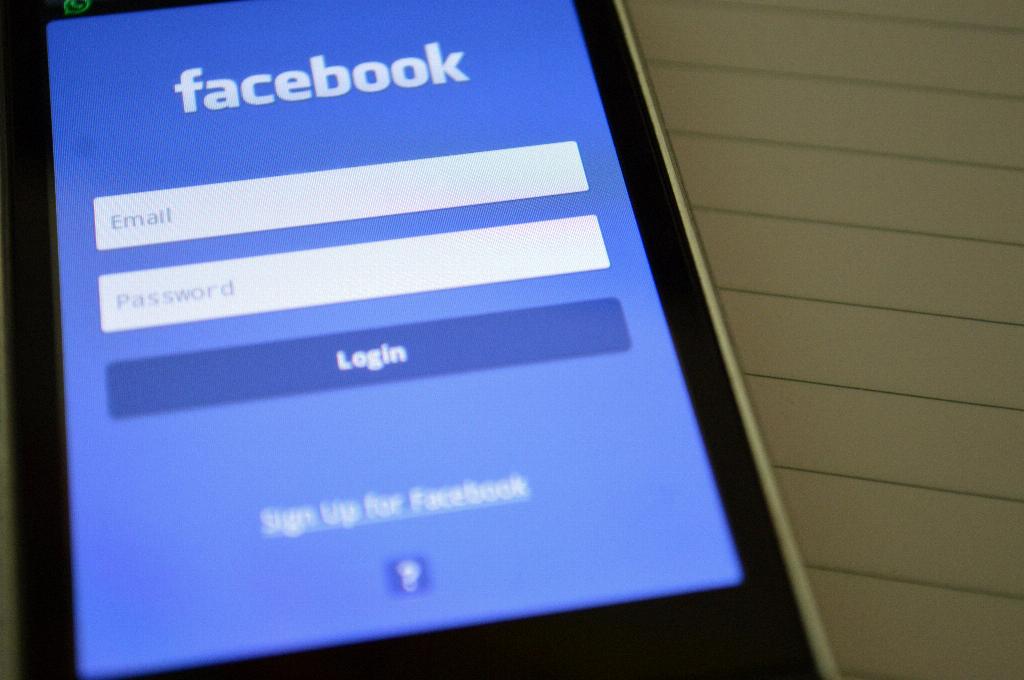In today’s digital age, social media platforms like Facebook have become a pervasive part of our daily lives. With the ability to connect with friends, family, and even strangers from all corners of the globe, it’s no wonder that platforms like Facebook have grown in popularity over the years.
However, with this increased usage comes the question: Is Facebook addictive? While the answer may vary from person to person, there are certain facts that suggest that Facebook use can indeed turn into addiction for some individuals.
Instant Gratification
One of the primary reasons why Facebook can be addictive is the instant gratification it provides. Seeing supportive comments and receiving a plethora of likes on status updates and photos can serve as an immediate confidence boost for many users.
This constant positive reinforcement can create a cycle where users crave this affirmation regularly, especially during challenging or stressful situations in their lives.
Social Validation
Another aspect of Facebook that can contribute to addiction is the need for social validation. Users may feel pressure to maintain a certain online persona or image to garner likes and comments, leading to a reliance on these metrics to feel accepted and validated.
Over time, this need for social validation can become compulsive, with users anxiously checking their notifications and feedback to ensure that they are maintaining their desired online image.
Fear of Missing Out (FOMO)
The Fear of Missing Out, or FOMO, is a phenomenon that is often associated with social media use, particularly on platforms like Facebook. Users may feel compelled to constantly check their feeds to stay up-to-date on the latest news, trends, and events.
This fear of missing out can drive users to spend excessive amounts of time on Facebook, leading to a sense of anxiety or unease when they are unable to access the platform.

Escapism and Distraction
For some individuals, Facebook addiction may also stem from a desire to escape from reality or seek distraction from their daily lives. The platform offers a means of entertainment, connection, and diversion, making it easy for users to get lost in endless scrolling and clicking.
While this temporary escape can provide relief from stress or boredom, it can also lead to excessive use and dependency on Facebook as a coping mechanism.
